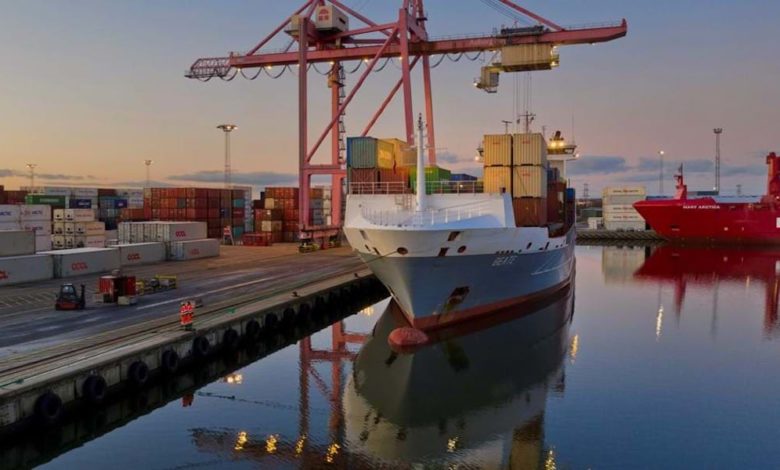CO2 emission rules should target fleets not individual ships: Danish Shipping

The roadmap for reducing CO2 emissions from shipping could be best achieved by choosing a fleet-based approach to efficiency requirements rather than at the individual vessel level.
This is the main conclusion of a new analysis commissioned by Danish Shipping and prepared by Dutch consultants CE Delft.
The report has been submitted to the International Maritime Organisation (IMO) as background information for its discussions on carbon policy.
The World Shipping Council, a liner lobbying group, and the Cruise Lines International Association have also submitted similar proposals urging for a focus on fleets rather than individual ships.
Danish Shipping, Denmark’s shipowners’ association, stressed in a release that making climate-neutral shipping a reality will require flexibility. Introducing an option of fleet-level compliance would also require further in-depth discussion between the International Maritime Organization (IMO), the shipping industry and other stakeholders.
Key questions would need to be resolved before such an approach could be adopted. For example, how third-party managers would handle this ruling, or what happens when a vessel is sold or changes flag. Moreover, action would need to be taken to counter attempts to hide bad performing vessels in a fleet.
In the report, fleet is defined as a group of ships which all belong to the same document of compliance.
Maria Skipper Schwenn, executive director for security, environment and maritime research at Danish Shipping, told Splash: “No doubt a fleet-based compliance approach deviates from the traditional way IMO regulates on an individual ship basis. However, it is also the first time that IMO is rolling out efficiency regulation. Therefore, it is time to think out of the box and make the most of the regulation.”
The Danish Shipping executive added: “The analysis from CE Delft highlights the imperative choice for IMO: Do we want to keep a narrow focus on the energy efficiency measures knowing that relative reductions alone will never take us to meet the absolute target or do we want a regulation which on the one hand drives efficiency while on the other incentivises the transition to low- and zero carbon fuels already in this decade?”
